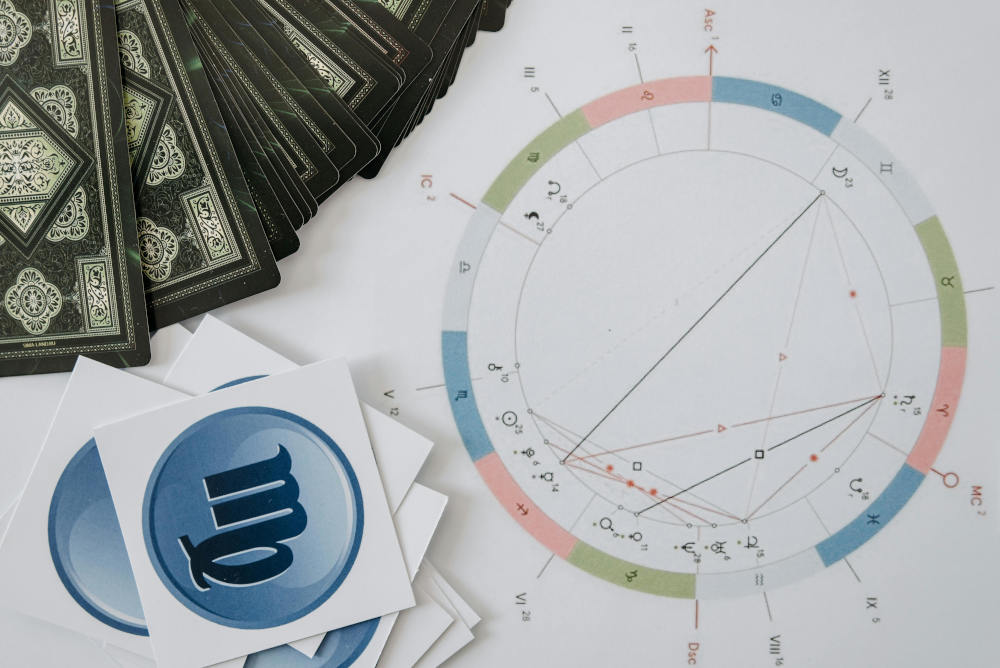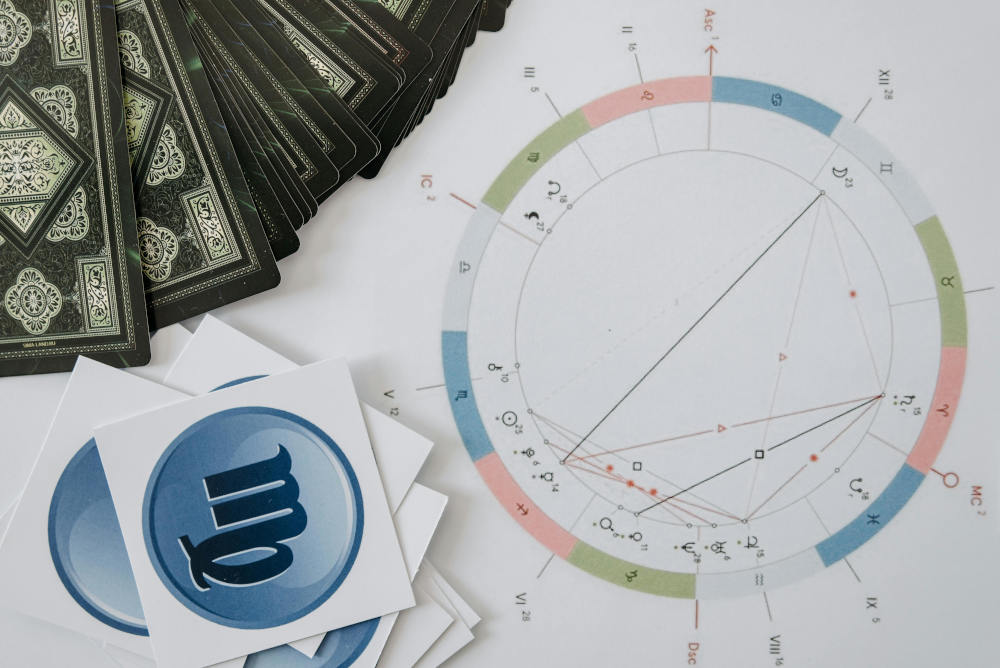
Sustainable fashion isn't retreating because of the COVID-19 crisis. Instead, the coronavirus pandemic and subsequent lockdowns have placed sustainability at the center of discussions in the apparel and textile industry.
Ethical fashion and environmental awareness are more crucial than ever for the clothing industry. The pandemic served as an opportunity to reset and adjust priorities.
For developing East-Asian countries where most clothes are manufactured today, the consequences were devastating. The coronavirus pandemic shut down many businesses, retail stores, garment factories and took the livelihood of millions of people.
"The pandemic has upended the lives of billions and been disastrous for the already vulnerable, exposing the inequalities of the world, and the fragility of the system that the fashion industry operates in.
With the pervasiveness of the COVID-19 pandemic, the industry has seen unparalleled disruption to its operations and faces a reset to create a resilient sector that is mindful of people and the planet.
Ranked as one of the world’s most polluting industries, the fashion, apparel, and textile sector has a significant impact."
- Kerry Bannigan, Conscious Fashion Campaign founder
Panaprium is independent and reader supported. If you buy something through our link, we may earn a commission. If you can, please support us on a monthly basis. It takes less than a minute to set up, and you will be making a big impact every single month. Thank you!
New sustainability goals
Thankfully, many fashion brands and retailers are slowly recovering and addressing climate change more than ever before.
Sustainable fashion is a powerful movement that drives change for the long-term. Fashion brands and retailers set sustainability goals for 2030 and beyond. Many of them take massive action to reduce pollution, waste, and carbon emissions.
"When we closed our doors during the pandemic, it gave us the chance to accelerate our plans to become a more sustainable company. We can't speak for the whole industry, but at Primark, we believe there is always room for conversation and action around sustainability and that now is not the time to ease up on momentum.
The fashion industry cannot lose focus on the work that still needs to be done on the journey towards more sustainable practices.
As a global fashion retailer, we are passionate about finding solutions to the challenges of climate change and are committed to reducing our impact on the planet. For example, we have recently joined the UN Fashion Charter and have committed to a 30% greenhouse gas emissions (GHG) reduction across our value chain by 2030."
- Katharine Stewart, Primark ethical trade and environmental sustainability director
Increased consumer awareness
Green fashion is growing stronger. And conscious consumers demand more sustainability, particularly Millennials and Generation Z customers, who are becoming aware of the environmental crisis and climate urgency.
Many large brands and retailers worldwide have canceled orders and closed stores down. Some of them even refused to pay for already manufactured clothing, causing an increased consumer awareness of ethics and waste.
"A lot of consumers have cottoned on to the fact retailers had canceled orders and left a lot of suppliers in uncomfortable positions, as well as the amount of clothing that ended up in waste.
This shone a lot of light on outsourcing a lot of clothing. In the industry, we already knew that, but as a regular customer it can be a bit confusing about how clothes are made."
- Lottie Hanson-Lowe, charity Hubbub creative partner
Transparency is key
COVID-19 led many other businesses to prioritize the implementation of more sustainable practices. People are increasingly concerned with the impact of fashion on the planet, people, and animals.
Consumers all over the world are asking for more transparency, accessibility, and accountability. Sustainability is becoming a priority for consumers. And clothing brands need to make changes.
"I think transparency will be key in 2021. Consumers will continue to take brands to the task to know where their clothes come from and how they are made so that they can justify spending with one brand over another.
I also think that the second-hand economy will continue to scale up so that consumers see the value of buying vintage clothes instead of new ones.
Brands will start to understand that they need to be involved in getting their old clothes back into circulation not only because some governments are implementing EPL (environmental profit and loss) requirements but also because it's a profitable business model."
- Jodi Everding, Swedish clothing brand Filippa K sustainability manager
Investing in the future
Corporate sustainability is now crucial to increase trust among consumers. People want to buy from companies that support charitable causes larger than themselves.
The global textile and apparel industry is sinking due to the economic crisis and subsequent lockdowns. But this disaster allows consumers and large players in the fashion industry to plan for a better future.
"We see our sustainability strategy as even more important and integral to our business than ever before. The impact of the coronavirus pandemic has only accelerated our plans and pushed us further to focusing on our key goals.
We believe strongly in investing in our future, whether by strengthening our expertise internally or investing in future innovations or collaborating with external industry partners to develop and progress further."
- Pascal Brun, H&M global sustainability manager
The need for change
The COVID-19 crisis forces businesses and organizations to work towards making fashion more sustainable. The industry is implementing more and more sustainability initiatives to thrive after the pandemic.
Fashion companies need to make more sustainability efforts to thrive in the market after the coronavirus pandemic. Otherwise, they risk losing market shares, employees, suppliers, partners, and customers trust.
"Brands already on their path to more sustainable products and practices will continue to plow ahead and further advance. The quest to be sustainable is not going away, and brands either need to be on board or left behind."
- Joanne Black, British outerwear brand Craghoppers owner
Was this article helpful to you? Please tell us what you liked or didn't like in the comments below.
About the Author: Alex Assoune
What We're Up Against
Multinational corporations overproducing cheap products in the poorest countries.
Huge factories with sweatshop-like conditions underpaying workers.
Media conglomerates promoting unethical, unsustainable products.
Bad actors encouraging overconsumption through oblivious behavior.
- - - -
Thankfully, we've got our supporters, including you.
Panaprium is funded by readers like you who want to join us in our mission to make the world entirely sustainable.
If you can, please support us on a monthly basis. It takes less than a minute to set up, and you will be making a big impact every single month. Thank you.































0 comments